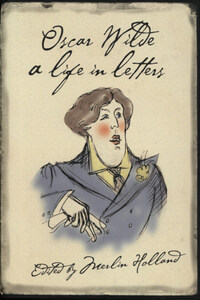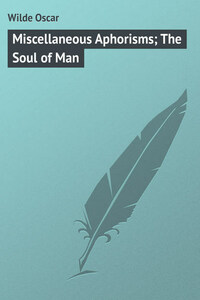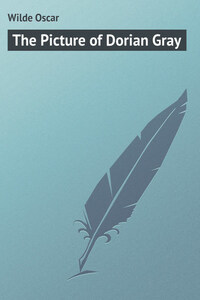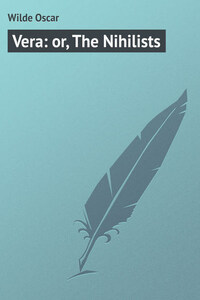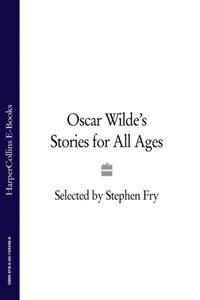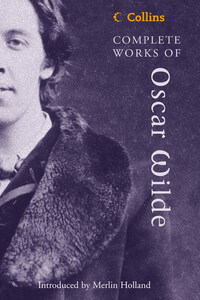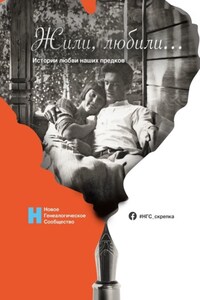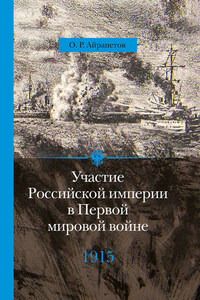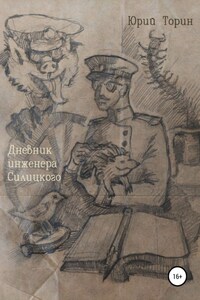The enduring fascination of Oscar Wilde more than a century after his death remains a literary phenomenon. His creative output, by comparison with many other nineteenth century writers, was relatively small, yet it was spread over poetry and prose poems, literary and artistic criticism, essays, lectures, short stories and fairy tales, historical melodramas, society comedies and a single novel, The Picture of Dorian Gray, for which he has become known across the world. Both his critics and his admirers have been legion, some insisting that he was merely a passing socio-cultural phenomenon and the author of lightweight popular works, and others viewing him as a modern thinker, bridging two centuries, an astute critic and commentator, a writer at odds with the stuffiness of his age, whose ‘over-the-topness in knocking the bottom out of things’ in Seamus Heaney’s words, amused but finally enraged his tight-laced Victorian contemporaries.
Whether he has a deserved place in the canon of great authors or is merely a first-rate funny-man struggling to rise beyond the second division of literary excellence, one thing is certain: he remains one of the most accessible and appealing writers of all time. Paradoxically, though, for all the thousands of studies published on Wilde, there are aspects of his life which are still enigmatic, unexplained even. The duality in his character with its inherent contradictions, intrigues and confuses: the Anglo-Irishman with Nationalist sympathies; the Protestant with life-long Catholic leanings; the married homosexual. And Oscar himself did nothing to help matters by deliberately donning masks to mislead. In 1885 he cautioned the painter James Whistler against revealing too much of himself and his art in his lectures. ‘Be warned in time, James, and remain, as I do, incomprehensible; to be great is to be misunderstood,’ he remarked, and spent the rest of his life ensuring that he was.
He left no intimate diary, wrote no memoirs and the Boswell who might have given us a memorable life, Robert Ross, felt that the task of rehabilitating his friend posthumously was best done as an astute literary executor; not that we could have relied much on the accuracy of any sort of personal memoir from the man who referred to ‘a morbid and unhealthy faculty of truth-telling’ as being fatal to the artistic imagination.
But like anyone of a literary disposition, Oscar Wilde occasionally needed to express himself without his public mask, and his letters, particularly those written to intimate friends without thought of publication, are in effect the autobiography that he never wrote and as close as we shall come to the magic of hearing that legendary talker in person. They comment openly on his life and his work from the early years of undergraduate friendships, through the year-long lecture tour in America of a striving and ambitious young ‘Professor of Aesthetics’ as he styled himself, to the short period of fame and success in the early 1890s followed by his disgrace and imprisonment. Thereafter they include the most poignant and revealing letters of all, those which cover the five long years between his downfall and his early death in exile at 46, during which he suffered the ultimate indignity for one of his generosity – poverty and having to borrow money from friends. Even in adversity, though, his humour does not desert him and he is able to share with his readers that greatest of gifts – the ability to smile at one’s own misfortune.
The first major edition of Wilde’s letters appeared in 1962, meticulously edited by the late Rupert Hart-Davis. At the time, homosexuality in Britain was still illegal and I was an impressionable young teenager at school, so naturally the question of expurgation was discussed. Many of Wilde’s post-prison letters were quite explicit about his sexual inclinations and it led to much agonising in the family about publishing them in their entirety. My father finally took the advice of his old friend Rebecca West who persuaded him that by then suppression was pointless and, with some lingering unease, he agreed to their uncensored publication. As it turned out, his misgivings were totally unfounded and the first publication of so much autobiographical material gave an entirely new impetus to the study of Wilde and a much greater understanding of the complexities of his character. A supplement was published in 1985 and a much revised and enlarged edition, The Complete Letters of Oscar Wilde, bringing the total number to 1562, was produced in 2000 to mark the centenary of his death.
